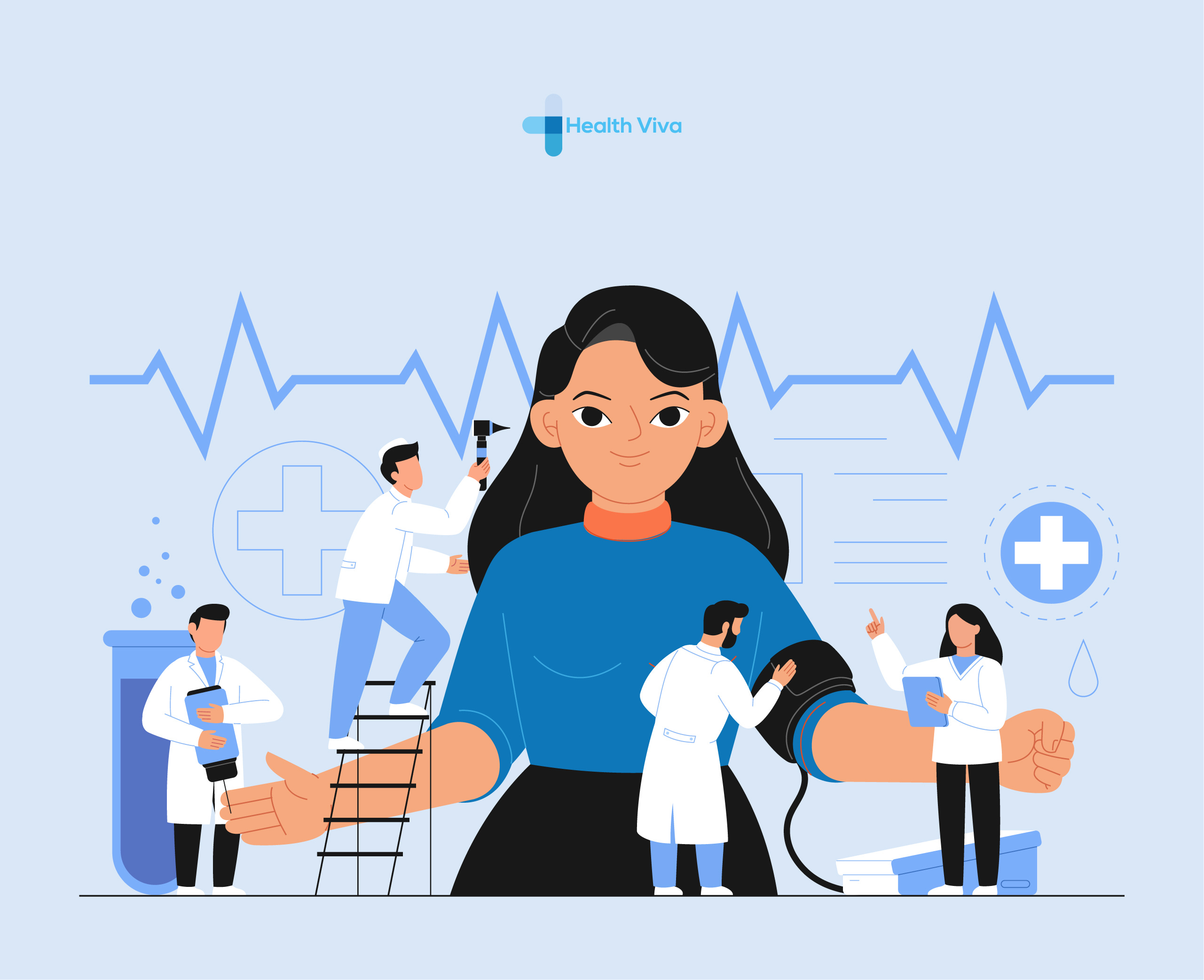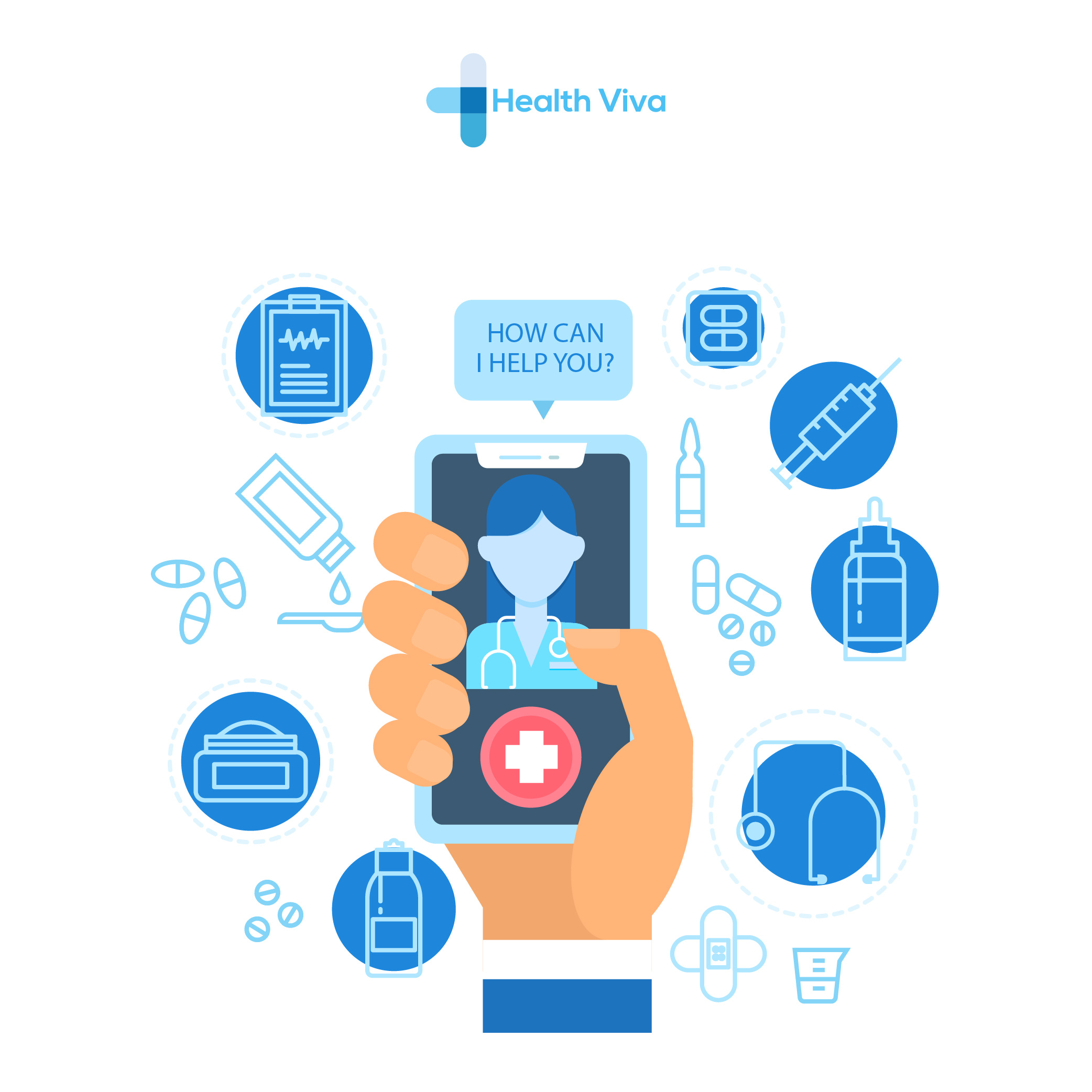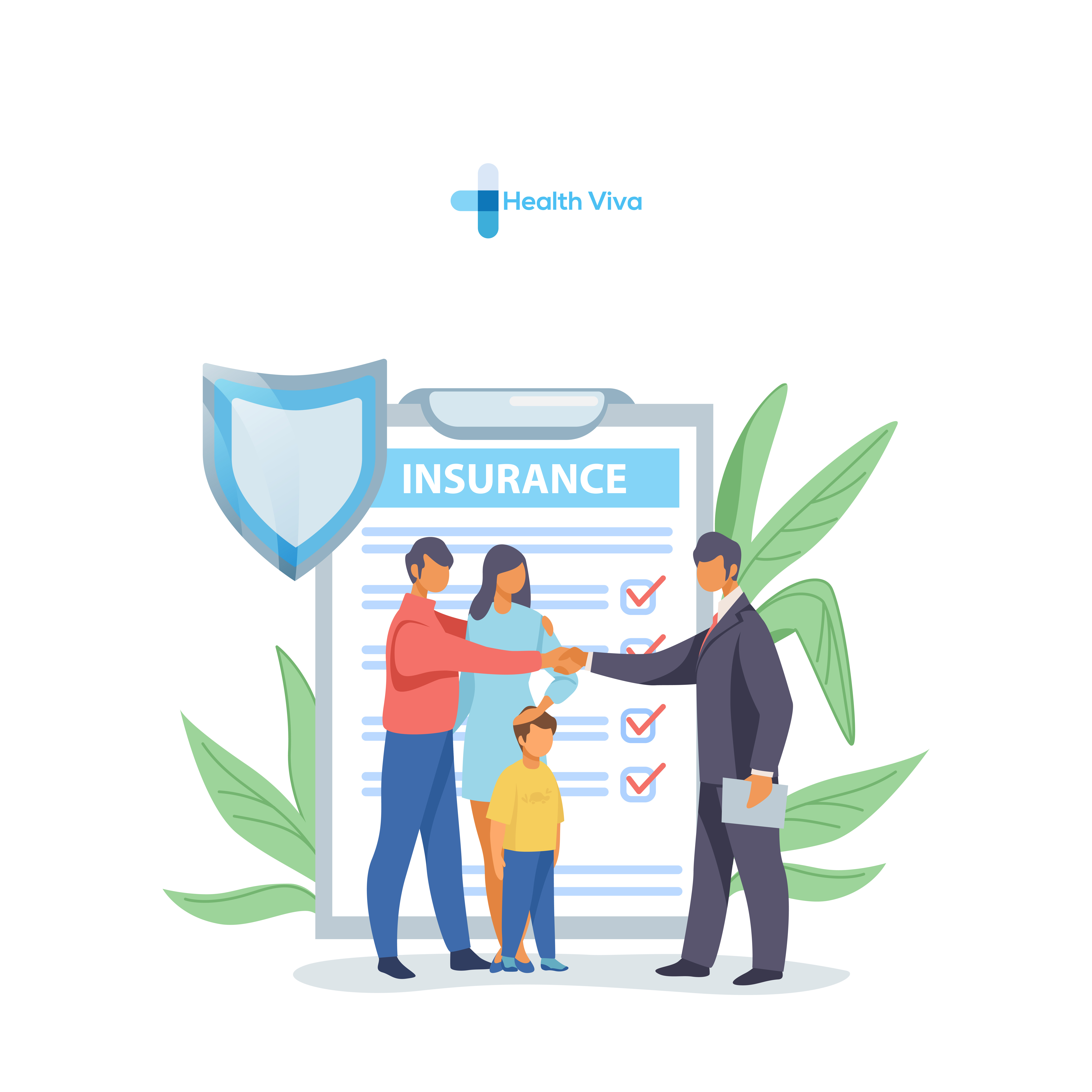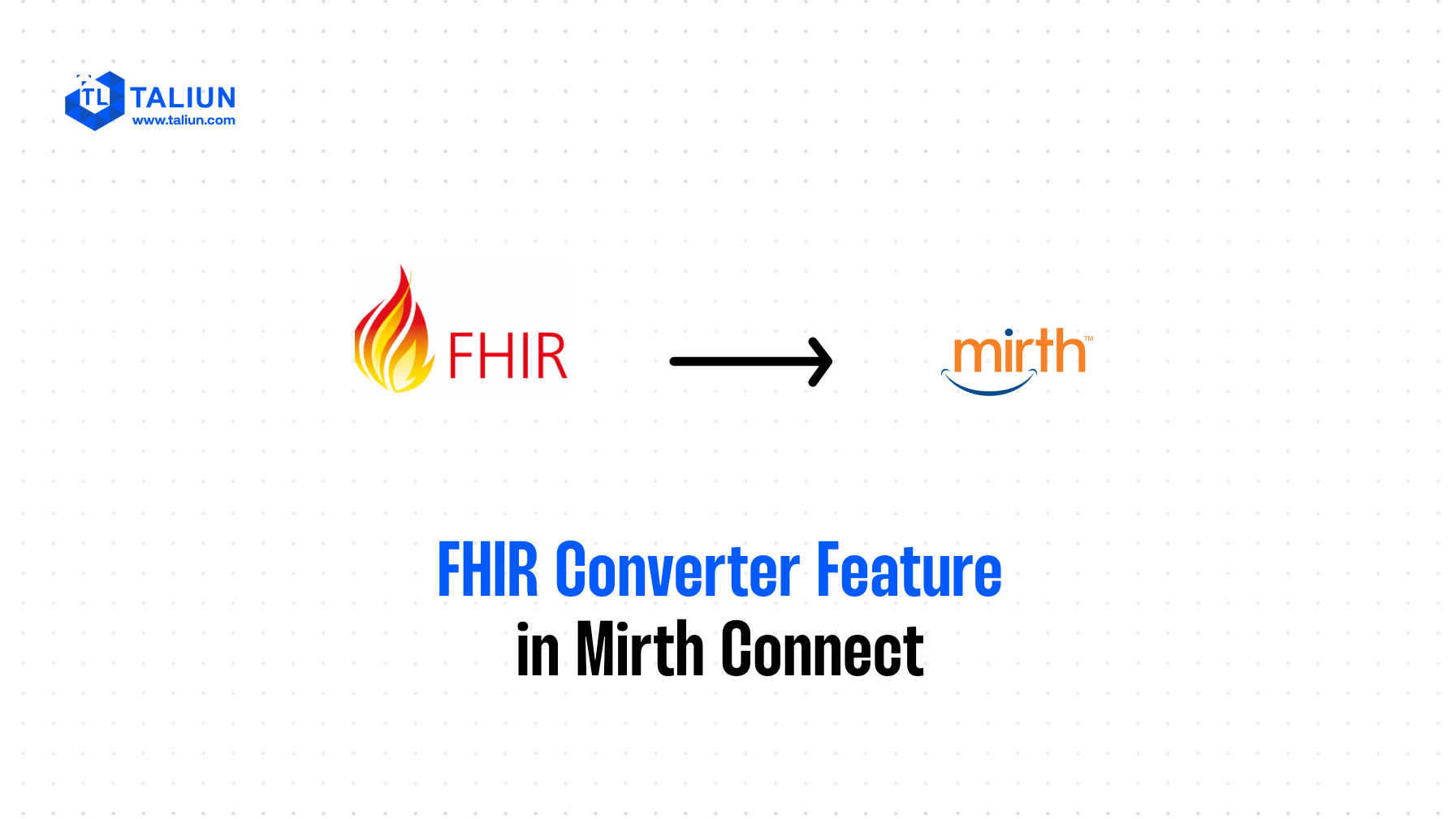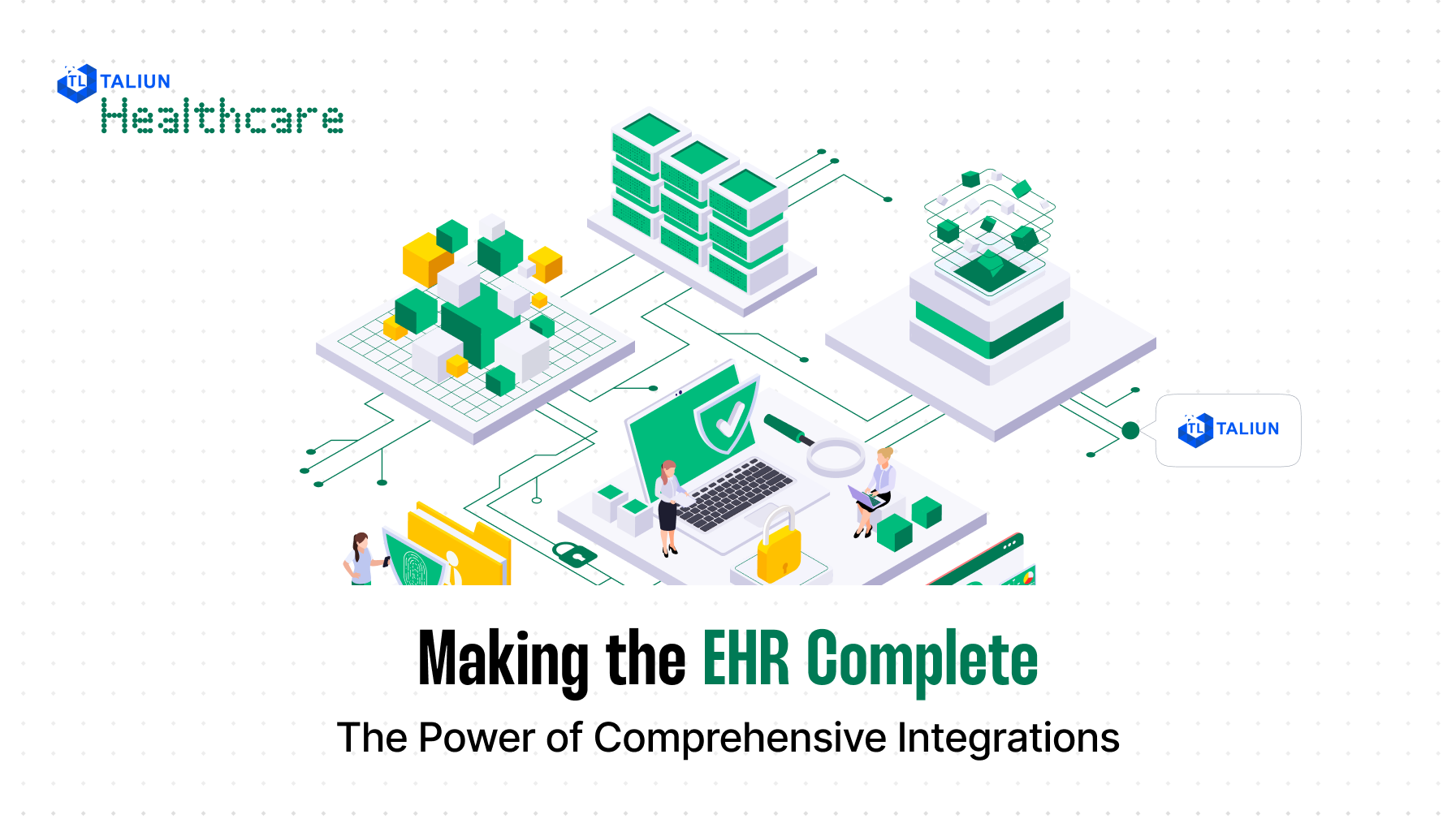Howdy!
Today we are back with another digital health topic which is around empowering patient towards self-care and preventive health. Self-care is another trend that is getting lot of attention along with virtual care during pandemic.
Usually, self-care is all about implementing preventive care strategies to self-manage the patient health and wellness. To empower patients with a state of wellness and good health, one has to create a connected ecosystem to cover the holistic health that must touch physical, mental, emotional, social and intellectual health.
Typically, a self-care health app can deal with capturing patients daily life style routine and then provide a goal to achieve. Let’s look at two basic types of self-care apps -
Self-Care Wellness Apps
Some of the examples that a self-care wellness app can perform are -
- Capturing patient’s calories intake, water intake, step counts, sleep analysis, stress level, patient BMI, are some of the basic features that a self-care app usually provides
- A wellness app can also deal in meditations or yoga, tracking how much a patient is walking and running, etc.
- These days with support to automatically capture readings like SPO2, Blood pressure, temperature and Glucose levels, a wellness app can be your trusted companion
- An engaging patient app can even track how much time patient is spending in digital activities and provide support for social engagements
- An app which can alert abnormal vitals and can book your appointments with your physician does play a vital role in your daily routine
- Some of these apps are creating a channel to engage with patient’s gym instructors or meditation therapist to perform the fitness exercises together over a session
- Some of these apps also can build a sense of community where your friends collaborate with you to positively compete and motivate each other
- To keep a tap on your mental health, the apps can ask lot of questions about your emotional health, mood and can positively motivate you like a companion that shows positive content
- Some app also leverages sound therapies and music to create a sense of positivity and reduce stress and anxiety
As per a data from Grandviewresearch.com –
The global mHealth apps market size was valued at USD 40.05 billion in 2020 and is expected to grow at a compound annual growth rate (CAGR) of 17.7% from 2021 to 2028.
Self-Care Medical Apps
When it comes to self-care medical apps, the most critical component is a patient portal that is available on mobile devices. Such portals will usually collect data from different sources and will provide history of patient health in one place. Some of these portals will help a patient manage following –
- Manage patient demographics
- Track medical history
- Track insurance info of the patients
- Track any existing patient condition and problem list
- Track past prescriptions
- Track your doctor’s advice or notes
- Track ongoing medications
- Allow patient booking an appointment directly with a practice or clinic
- Setup self-care reminders
- Integrate health data from your wellness app and display on your dashboard
Integration a key strategy while building these apps
To build these apps, one has to understand all different interfaces that these apps can integrate data with. Right from integrating with popular EHRs like Epic, Athena Health, Cerner, Allscripts these apps often have to exchange data from these sources. If you are an app provider you must have a connectivity established to make your app more meaningful and work in sync. Whether you use a native API of these EHR providers or you communicate using a standard protocol like HL7/FHIR, one can decide a strategy that best suits your app’s capability and time to market needs.
Remote monitoring and Real time diagnostic
Remote monitoring and performing diagnosis with the help of smart devices is another key feature that must be supported to make it more viable and a one stop packaged solution.
Subscribe to our Blogs
Contact Us
Thanks for subscribing! You'll now receive our latest blog posts straight to your inbox.
Please try again later.
Locations
US:
39899 Balentine Drive,Suite 200
Newark, CA 94560
Phone: +1-(408) 883 - 7902
India:
Ven Business Center I, First Floor, Baner - Pashan Link Rd, Pashan, Pune, Maharashtra 411021
Phone: +91 83293 46166
Copyright 2024 Taliun | Privacy Policy

